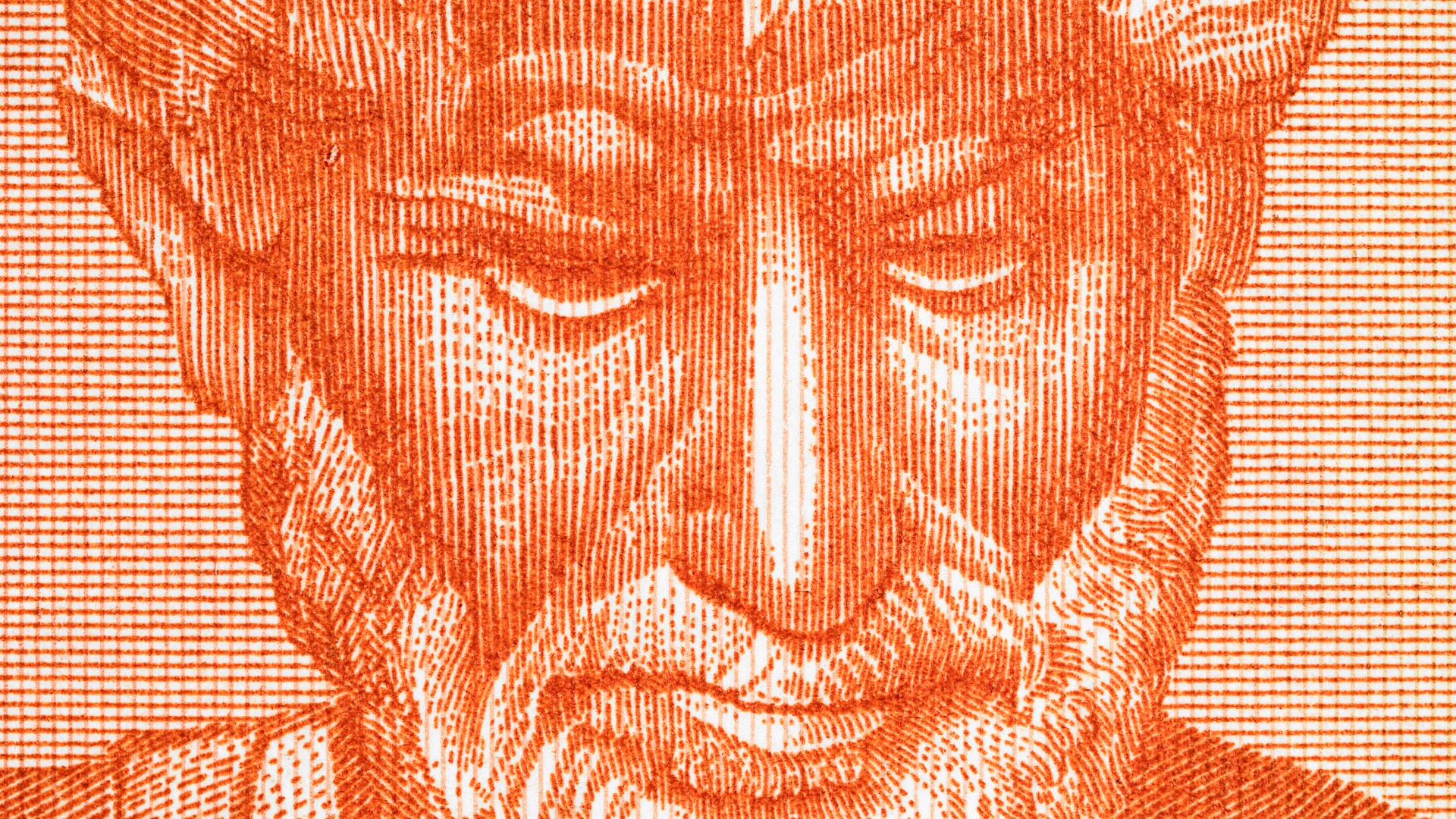Tal Ban Shahar’s best career advice involved getting some important words on paper.
Question: What is the best career advice you've ever received?
Tal Ben Shahar: The best advice that I got was from my philosophy teacher, Ohad Kamin. After graduating from college and feeling very lost, I went to him, and his advice was, Tal, think about the things that you want to do and write them down. Then look at these things and identify the things that you really want to do, and write these down. And from those things, identify the things that you really, really want to do, and then go ahead and do it. You know, life is short. We don't have that much time. And it's too short to do what we feel that we have to do; it's barely long enough to do what we want to do.
Recorded on: September 23, 2009






